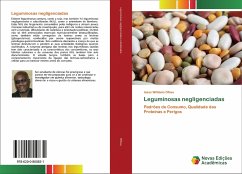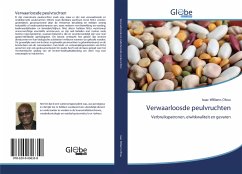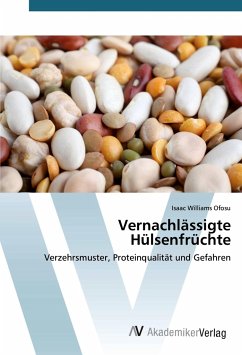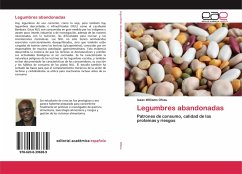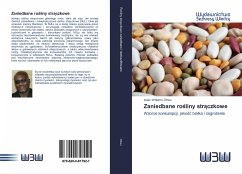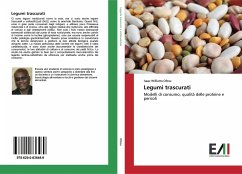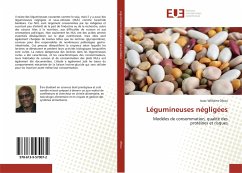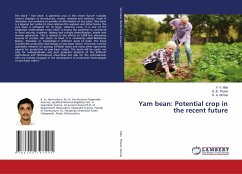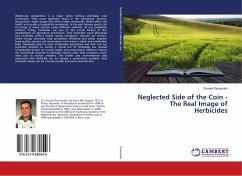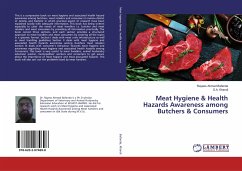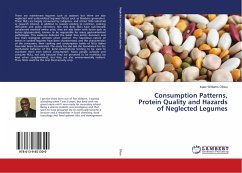
Consumption Patterns, Protein Quality and Hazards of Neglected Legumes
Versandkostenfrei!
Versandfertig in 6-10 Tagen
43,99 €
inkl. MwSt.

PAYBACK Punkte
22 °P sammeln!
There are mainstream legumes such as soybean but there are also neglected and underutilized legumes (NULs) such as Bambara groundnut. These NULs are largely consumed by indigenes, and attract little industrial or research interest, in addition to reasons relating to nutrition, cooking difficulties and policy directions. Not only does NULs have nutritionally unbalanced essential amino acids, they are also laden with toxins such as lectins (glycoprotein), known to be responsible for many gastrointestinal pathologies. This evidence debunks the belief that lectins denature and lose their biologica...
There are mainstream legumes such as soybean but there are also neglected and underutilized legumes (NULs) such as Bambara groundnut. These NULs are largely consumed by indigenes, and attract little industrial or research interest, in addition to reasons relating to nutrition, cooking difficulties and policy directions. Not only does NULs have nutritionally unbalanced essential amino acids, they are also laden with toxins such as lectins (glycoprotein), known to be responsible for many gastrointestinal pathologies. This evidence debunks the belief that lectins denature and lose their biological activities when cooked. The hazardous nature of lectins in cooked legumes have been characterized, and the characteristics of the consumers, their cooking and consumption habits of NULs dishes have also been documented. The study has also laid the foundation for the mechanistic behavior of the lectin-carbohydrate binding to be used to inactivate them even before consumption. Many people cultivate and consume NULs, not only because they are perceived to be nutritious (at least when complimented), but they are also environmentally resilient. Thus, NULs could be the next food security crop.



